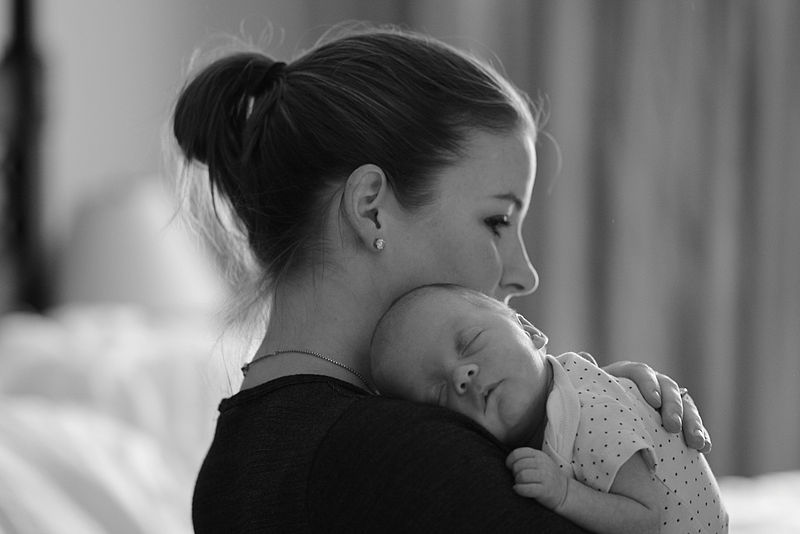
We have a huge responsibility to raise our children right, in a world that is becoming increasingly mired with conflicts, differences, biases, and prejudices. With some people becoming insensitive and disrespectful of differences and encouraging disparaging behaviour and attitudes, it becomes more important to step into the scene and teach children the greatest value of them all — tolerance.
Oman is a great place to live and we do so in a mixed race community; Omanis, Arabs, Europeans, Africans, Americans, Asians — we have it all. And our children have been exposed to these different cultures and people at an age much younger than most of us have. This would obviously lead to more questions and challenges. At a young age your children may ask you honest questions about the appearance or behaviour of their friends or yours, but remember that they are just ‘asking’, not ‘judging’.
In this day and age we see so many biases and prejudices based on race, ethnicity, gender, ability, religion, class and so on; and we also live in a world where children can find out anything they want to with a few clicks or taps. And believe me, it’s never too early to teach them a thing or two about respect and sensitivity.
So, how do we go about it?
Watch yourself
Children mirror your actions and words. They are like sponges just waiting to soak up all that information. So, the next time you want to poke fun at someone who looks different or speaks with an accent different from your own, think twice. Your child will be doing the same in school and in other social circles. Explore your own biases and prejudices first. No one is without them. Once you understand what you are doing wrong, you will be more careful. We all have struggles, in which we try to cope and understand.
Teach by example
Show your children the right attitude and they will pick it up from a young age. Do not stereotype. Speak with respect about people different from yourself. Be sensitive to diverse cultures, religions, attitudes and personalities. People from different parts of the world think and act differently, they even have a different sense of humour. Make your child understand that it’s ok for people to be different from him or her, and that he needs to embrace these diversities.
Honesty is the best policy
Younger children are usually very honest. I remember when my three-year-old pointed to a chubby man at school and said very loudly, ‘Look mummy he has a big tummy!’ The poor man heard it and we were all so embarrassed. Your children will come to you with questions galore of why people look the way they do or why they are better at sports or studies or why they reacted differently to a joke in class. The best way to handle these questions is to sit them down and be honest with them.
Stand up for what’s not right
Being tolerant does not mean putting up with bullies or allowing oneself or others to be ridiculed. Help your children understand what’s a no-no. Help them to be confident enough to stand up for what’s not right. The more happy your child is, the greater will be his self-esteem. Such children will automatically step in if they feel someone is being wronged. They will also be confident debating ideas and differences. Also, it’s usually the unhappy children who poke fun at others and make them hurt, because misery loves company.
Expose them to diversity
Travel more and expose your children to different cultures, religions, beliefs and ways of life. Even here in Oman, try to make friends with people of different countries so you, as a family, can get to know and understand their culture. You have to give children opportunities to interact with diverse cultures. Read up more and encourage them to read both fiction and non-fiction by authors of different countries. This will give them a real view of the world out there.
Point out the stereotypes
When other people say or do things on TV or radio that are impolite and insensitive to others, you must point out and tell them that is not the way to express one’s feelings. The media plays a huge role in influencing how our children think and act. They might think it’s cool to say some derogatory remark their ‘idol’ said on Twitter or Instagram, but if it is mean and disrespectful, then you need to tell them that. If not, come tomorrow they will be saying similar things to their peers. Be careful what movies, programmes, and games you expose them to. Young minds can get easily warped.
Farzeen Ashik is the author of the prize-winning novel ‘Rainbow Dorm Diaries – The Yellow Dorm’.